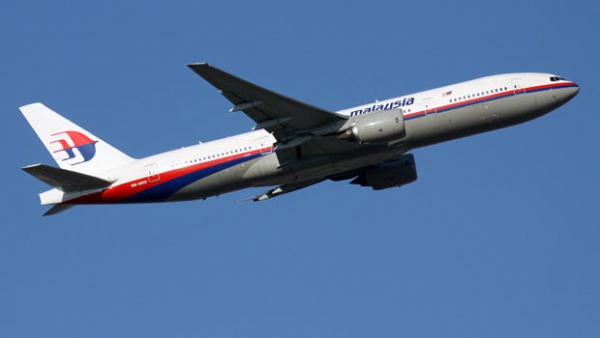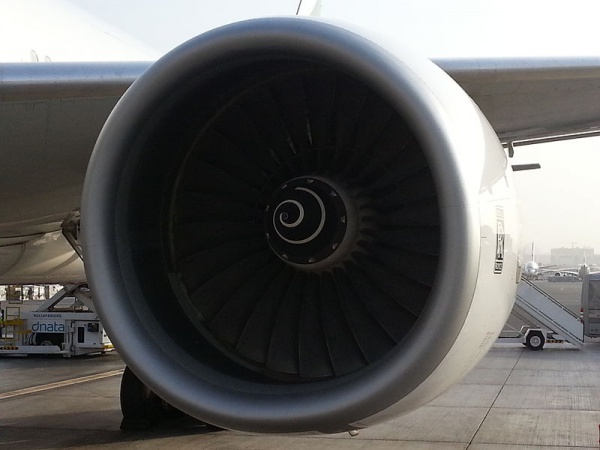US investigators believe MH370 flew for hours longer than first thought based on data automatically downloaded and sent to the ground from the Boeing 777’s engines. Hence, I reckon this incident is far more complex than we initially told and thought.
According to the Wall Street Journal initially said they could not reach Rolls-Royce for comment but later updated the story with a response.
“We continue to monitor the situation and to offer Malaysia Airlines our support,” a Rolls-Royce representative told the publication.
“The disappearance is officially not an accident and all information about this is strictly handled by investigators,” a Rolls-Royce executive is reported to have said. Also quoted was a Boeing executive who declined to comment except to say: “We’ve got to stand back from the front line of the information.”
It was reported that live data from the plane’s Trent 800 engines is recorded in 30-minute increments and sent to Rolls-Royce for analysis, with the information showing details such as altitude and speed of the jet.
Rolls-Royce says on its website that engine data is routinely used “so that plane operators can easily view the health of their fleet of engines”. “Snapshots” are sent from the aircraft to the ground during take-off, during a climb, once the aircraft is in cruise and at the end of the flight – and are also triggered by unusual engine conditions, the website states. “The snapshot data is always ‘trended’, so that subtle changes in condition from one flight to another can be detected.”
A total flight time of 5 hours means the Boeing 777 could have travelled about 2200 nautical miles after leaving Kuala Lumpur and potentially have reached the Indian Ocean, the border of Pakistan or even the Arabian Sea, the Wall Street Journal said.



